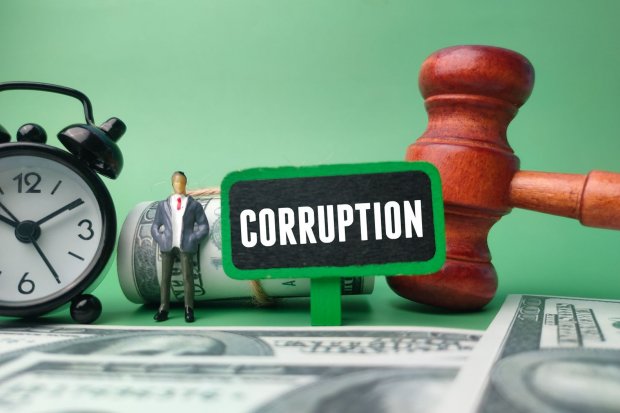Alleged Stealth Operation: KPK-Ombudsman Merger

There are suspicions of a "silent operation" by the Indonesian government to "dissolve" the Corruption Eradication Commission (KPK). Kurnia Ramadhana, a researcher at Indonesia Corruption Watch, claims to have received information about plans to transform the KPK into an anti-corruption agency through its merger with the Indonesian Ombudsman. With this change, he said the KPK would no longer investigate acts of corruption but would only prevent corruption or bribery. "The information we have obtained has been discussed at the National Development Planning Agency [Bappenas]," he said on Apr. 2.
According to Kurnia, it is important to clarify the truth of this information to the Bappenas, whether there have indeed been such discussions in meetings. If true, Kurnia added, the idea needs to be criticized. According to him, the information suggests that the KPK's authority to prosecute corruption criminally would be removed. He suspects that the KPK will be transformed into a corruption prevention agency once Indonesia's Corruption Perception Index (CPI) reaches 80. Currently, Indonesia's CPI is still at 39.
When asked about this, Alexander Marwata, Deputy Chairman of the KPK, admitted that he had not received such information. Nevertheless, Alexander acknowledges that South Korea's example may inspire the merger of the two agencies. In that country, he stated that an independent anti-corruption agency that was considered too powerful was merged with the Ombudsman. "It was considered disruptive, so they were merged," he said. Meanwhile, Bogat Widyatmoko, Deputy for Politics, Law, Defense and Security at Bappenas, denied the issue. "There is no merger," he said.

